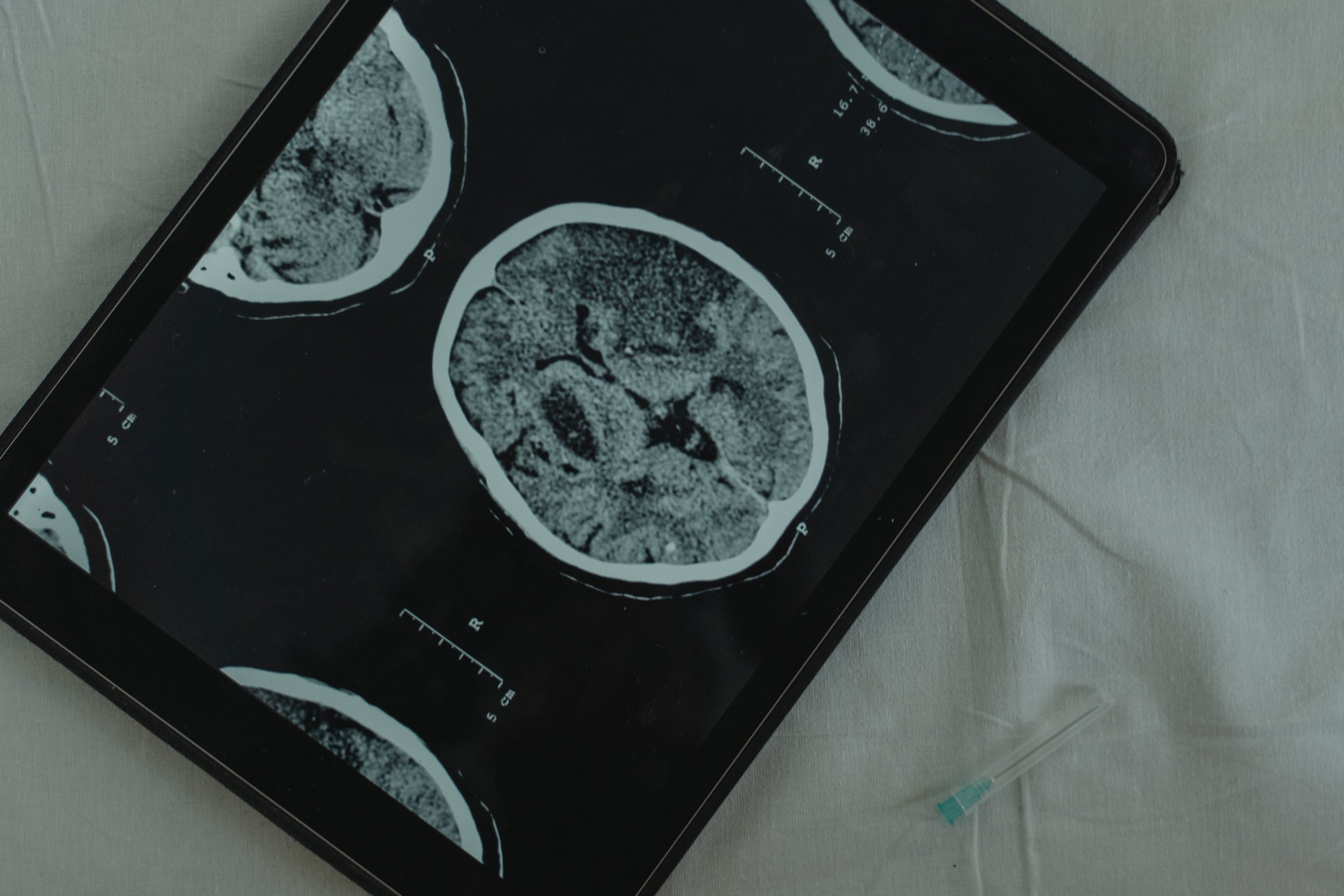Behavioral Health Team

Survivors of large-scale natural and human-caused disasters involving CBRNE, burn, pediatric, or traumatic injury are at risk for psychological stress and mental illness, such as post-traumatic stress disorder and depression. Behavioral Health responders provide flexible, scalable behavioral health support to the needs of disaster survivors at the local level, with statewide and regional resource coordination to provide for surge capacity when risks and gaps in behavioral health expertise or workforce are identified. The goal is to reduce the risk of severe negative emotional/psychological reactions as well as to maximize adaptive functioning in the wake of a disaster.
About the Behavioral Health Team
-
-The behavioral team aims to align individual state behavioral health training, response, and recovery operations across the region in order to provide an efficient process for planning for and managing the behavioral health consequences of future all-hazards disasters.
—————————————————
-Establishing collaboration and partnerships with state disaster behavioral health agencies are essential.
—————————————————
-Behavioral Health responders provide flexible, scalable behavioral health support to the needs of disaster survivors at the local level, with statewide and regional resource coordination to provide for surge capacity when risks and gaps in behavioral health expertise or workforce are identified.
————————————————-
-The goal is to reduce the risk of severe negative emotional/psychological reactions as well as to maximize adaptive functioning in the wake of a disaster.
-
County emergency management authorities deploy public health responders; these public health authorities can, in turn, activate a region’s Emergency Behavioral Health Program. Regions may tap into: Medical Reserve Corps, locally trained and managed volunteers, American Red Cross (ARC), and other Voluntary Organizations Active in Disasters (VOAD). Alternatively, local incident commanders may contact the Nebraska Emergency Management Agency (NEMA)’s Emergency Operations Center (EOC) at 1-877-297-2368 in order to access behavioral health disease subject matter experts.
-
Provided a Concept of Operations (CONOPS) to plan for and manage the behavioral health consequences of future all-hazards disasters.
——————————————
Partnered with regional healthcare and first responder organizations to provide resilience and pre-exposure preparation training during four events to 520 attendees.
——————————————
Conducted tabletop exercises during the 2020 and 2021 Great Plains Disaster Health Conference.
——————————————
Collected a comprehensive listing of behavioral health and other U.S. Department of Health and Human Services resources available in times of disaster, specifically for individuals who live in predominantly rural areas and/or who may have constrained access to services provided in more urban areas across the region.
-
Finalizing multi-state CONOPs for a phased approach in a concentric circle model of behavioral health operations activation, encompassing prevention and response readiness activities (phase 1), immediate disaster response (phase 2), and long-term recovery planning and operations (phase 3).
—————————————————
Partnering with local and regional healthcare and first responder organizations to provide resilience training and pre-exposure preparation training.
—————————————————
Creating peer support program infrastructure for portability to other regional health systems, modeled after best practices at Nebraska Medicine.
—————————————————
Building repository of publicly available DBH resources and national/regional/local disaster assistance agencies.
—————————————————
Working with the UNL Public Policy Center for planning of the annual 2022 Great Plains Disaster Behavioral Health Conference.
—————————————————
Developed regional behavioral health disaster response team to provide telehealth services in times of need.
-
Click here to see our Behavioral Resources & Training page.
